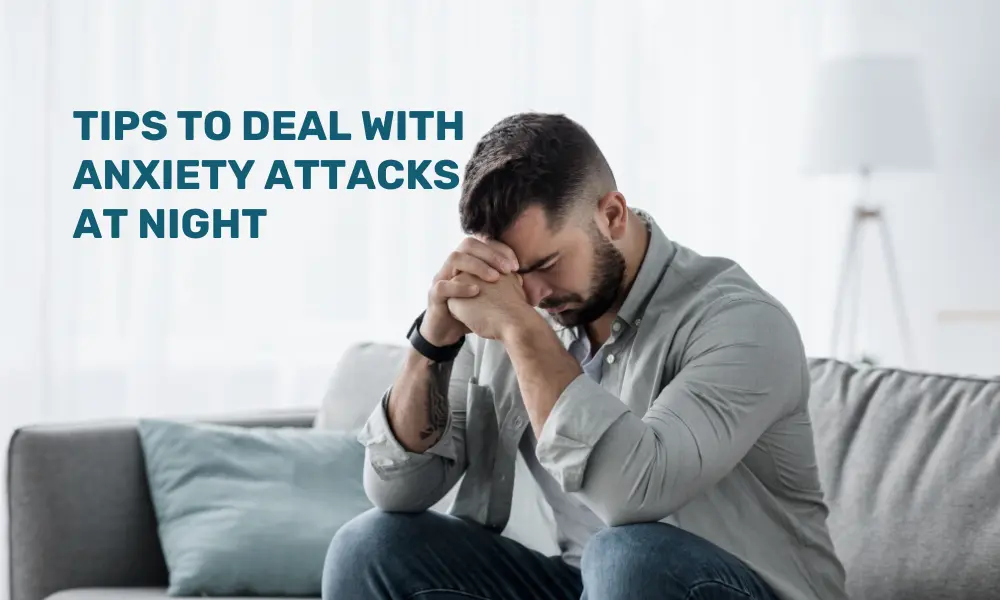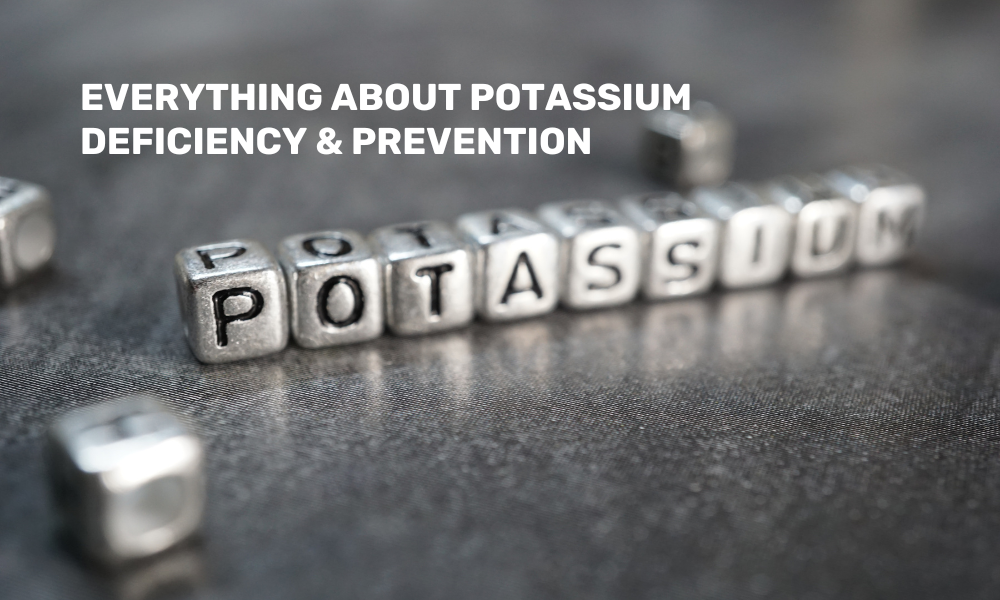Anxiety attacks can be overwhelming, especially when they strike at night. Sudden anxiety attacks are also known as panic attacks – these are sudden and constant episodes of intense fear or discomfort. Few signs of anxiety attack at night may include certain physical symptoms such as a racing heart, shortness of breath, sweating, trembling, and a sense of impending doom. Repeated incidences of such episodes can take over our mental health.
What causes of Anxiety Attacks at Night?
These attacks can occur at any time. During the day, distractions such as work, social interactions, and daily activities can keep anxiety at bay. But at night, when the mind is less occupied, anxious thoughts and feelings may surface more intensely. Anxiety attacks can be particularly distressing.
Hormonal changes, particularly in cortisol levels, can also play a role. Cortisol, referred to as the “stress hormone,” tends to peak in the early morning hours, which can trigger anxiety.
Another common cause of night-time anxiety attacks is the fear of not being able to sleep. This fear can cause a vicious cycle, where anxiety about sleep leads to difficulty falling asleep, which in turn heightens anxiety.
Strategies to manage night-time anxiety attacks
Dealing with anxiety attacks at night requires a combination of immediate coping strategies and long-term lifestyle changes. Here are some techniques that can help individuals manage and reduce the occurrence of anxiety attacks at night:
Bedtime routine: Establishing a soothing bedtime routine can signal to our body that it is time to shut down the chatter and relax. A good bed time routine may include reading a book, taking a warm bath, practicing gentle yoga, or listening to soothing music. Avoiding stimulating activities like watching television, using electronic devices, or engaging in intense discussions before bed can also help prevent anxiety from surfacing.
Caffeine and alcohol intake: Caffeine and alcohol consumption can significantly impact sleep quality and exacerbate anxiety symptoms. Caffeine is a stimulant that can increase heart rate and make it harder to fall asleep, while alcohol, though initially sedative, can disrupt sleep patterns and lead to waking up in the middle of the night. Limiting or avoiding these substances, especially in the hours leading up to bedtime, can reduce the likelihood of night-time anxiety attacks.
Mindfulness and Meditation: The most powerful tools for managing anxiety are mindfulness and meditation. These techniques involve focusing on the present moment and accepting it without judgment. Regularly practicing mindfulness or meditation can train one’s mind to remain calm and focused, even during stressful situations.
Deep breathing: It is the most effective way to calm the body and mind during an anxiety attack. When anxiety strikes, your breathing tends to become shallow and rapid, which can exacerbate symptoms. To counter this, one must practice deep breathing exercises for a few seconds when going through an anxiety attack. This technique can help lower the heart rate, restore a sense of calm, and reduce tension.
Ensure a comfortable sleep environment: Creating a sleep friendly environment that promotes relaxation is essential for preventing anxiety attacks at night. Your bedroom should be a sanctuary, free from clutter and distractions. Invest in comfortable mattresses and pillows, use blackout curtains to block unnecessary light, and maintain a cool, quiet atmosphere. One may also use aromatherapy, such as lavender essential oil, to enhance the calming ambiance of your space.
Ground yourself: Grounding techniques can help an individual stay connected to the present moment, reducing the overwhelming feelings associated with anxiety attacks. One common grounding exercise is the 5-4-3-2-1 technique, where one must focus on five things around, four things that can be touched, three things one can hear, two things one can smell, and one thing you can taste. This method can divert an individual’s attention away from anxious thoughts and help you regain control.
Maintain a journal: Writing down thoughts and feelings before sleeping can help you process any anxieties that might be lingering in your mind. By putting our worries on paper, we can gain perspective and reduce their power over us. Additionally, keeping a gratitude journal, where you note down positive experiences or things you are thankful for, can shift your focus away from anxiety and promote a more positive mindset before sleep.
Seek professional help: If night-time anxiety attacks are frequent and severe, it is highly advised to seek professional help. Additionally, a healthcare provider may recommend medication to help manage anxiety symptoms.
Panic attack and anxiety attack must be controlled as it may impacts our overall well-being and interferes with quality of our life.





